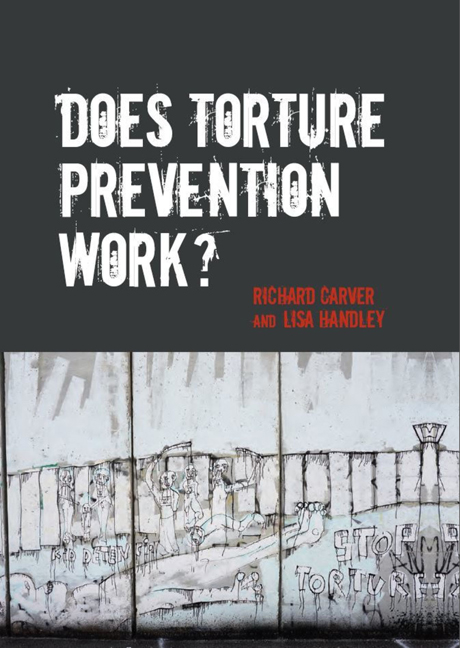Book contents
- Frontmatter
- Contents
- List of Tables
- List of Figures
- Foreword
- Acknowledgments
- Contributors
- 1 Introduction
- Overview and Findings
- Prevention Sustained
- Prevention Stalled
- Prevention Expected
- Prevention Denied
- 14 Ethiopia
- 15 India
- 16 Kyrgyzstan
- 17 The Philippines
- Conclusion and Future Strategies
- Bibliography
- Index
15 - India
from Prevention Denied
- Frontmatter
- Contents
- List of Tables
- List of Figures
- Foreword
- Acknowledgments
- Contributors
- 1 Introduction
- Overview and Findings
- Prevention Sustained
- Prevention Stalled
- Prevention Expected
- Prevention Denied
- 14 Ethiopia
- 15 India
- 16 Kyrgyzstan
- 17 The Philippines
- Conclusion and Future Strategies
- Bibliography
- Index
Summary
Introduction and background
Following independence (1947), India adopted a democratic constitution (1950) based on a parliamentary system. Since then, despite some institutional weaknesses, it has remained democratic, holding regular elections and allowing civil society organizations to articulate people's rights.
At independence, the partition of India and the creation of Pakistan triggered the forced relocation of millions of people, widespread communal violence in which over 1 million people died, and large-scale sexual violence. The formation of the new Indian state generated further problems, and sowed the seeds of insurgencies in Jammu and Kashmir and in the Northeast region that continue today. In the 1960s, the Naxalites (a Maoist movement) initiated an armed struggle that weakened in the 1970s and 1980s but has established roots in India's central tribal region in the last two decades.
Between 25 June 1975 and 18 January 1977, a state of emergency was declared (under Article 352 of the Constitution). Rights were suspended, tens of thousands of people were arrested, incidents of torture and extrajudicial executions multiplied, popular movements were suppressed, the poor were forcefully relocated from Delhi and other places, and large numbers of women and men were forcibly sterilized in the course of official population control campaigns.
During the emergency period, many national and local civil society groups emerged in support of civil and democratic rights. They investigated and publicized detentions, deaths in custody, cases of torture, and extrajudicial killings (‘encounter deaths’).
India is home to multiple languages, cultures, religions, and ethnicities. It takes pride in its diversity and has striven to promote a composite system. At the same time, diversity is associated with conflict and chronic social violence, from which the state has inadequately protected the most vulnerable – including lower castes, tribal people, religious and ethnic minorities, the poor in general, and women.
- Type
- Chapter
- Information
- Does Torture Prevention Work? , pp. 501 - 548Publisher: Liverpool University PressPrint publication year: 2016



